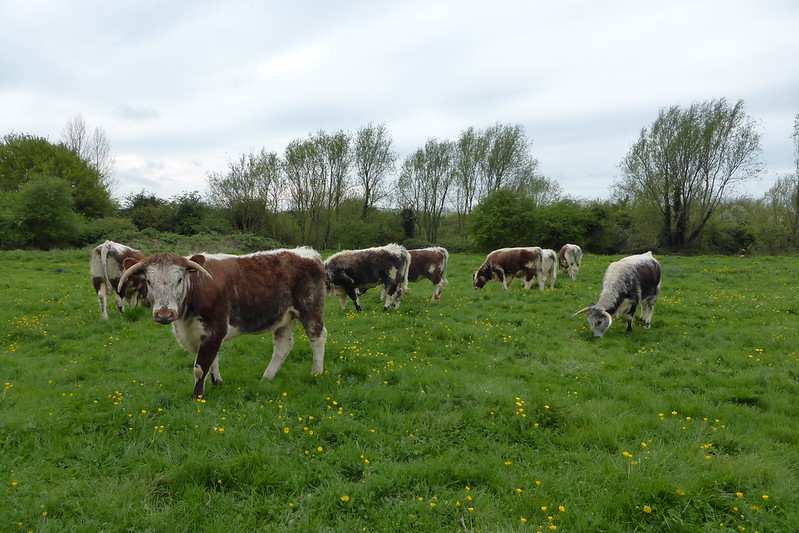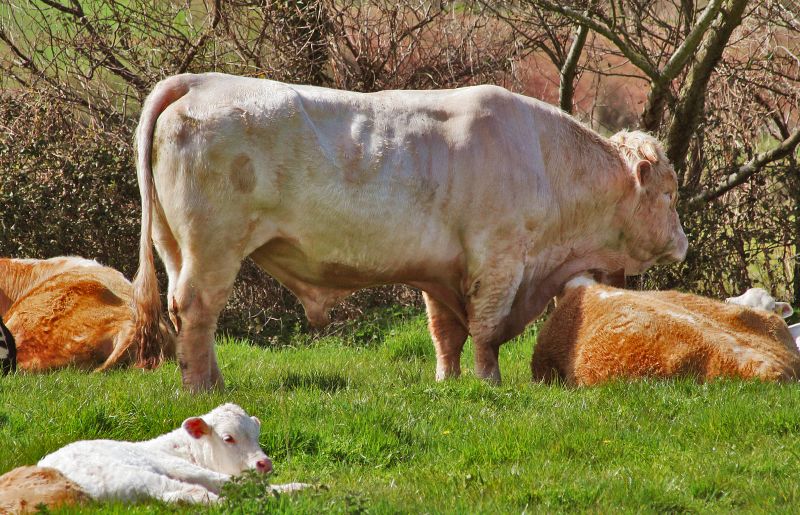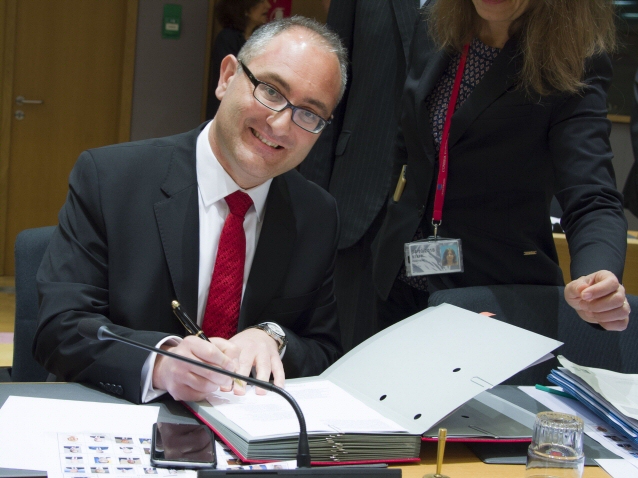Much attention is rightly focused on the changes that the co-legislature (Council and Parliament) might make to the Commission’s proposed green architecture in the next iteration of the CAP (see contributions from Lakner and Pe’er and ARC2020 as well as my earlier post). There are also other elements in the proposed CAP framework with potentially important implications for production and environmental outcomes. In this post I focus on the proposals for one of the more production-distorting elements, namely, coupled income support.
The background
The conditions governing what is called ‘voluntary coupled support’ (VCS) in the current CAP and what the Commission has relabelled ‘coupled income support’ in its May 2018 proposal for the next CAP have been gradually relaxed in the current CAP period (I have previously described in earlier posts the changes made in the 2013 CAP reform and the changes introduced in the Omnibus Regulation).… Read the rest



